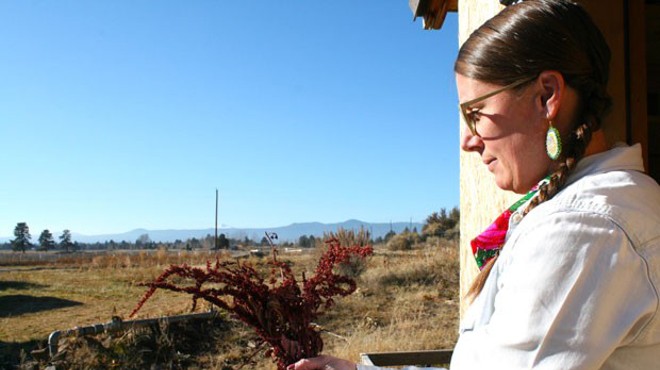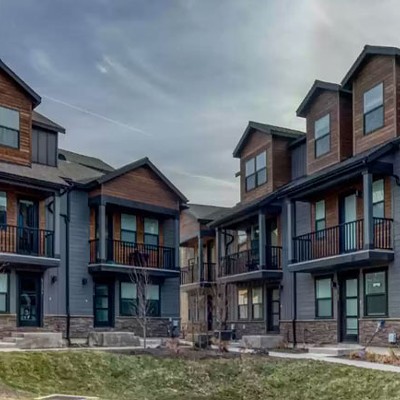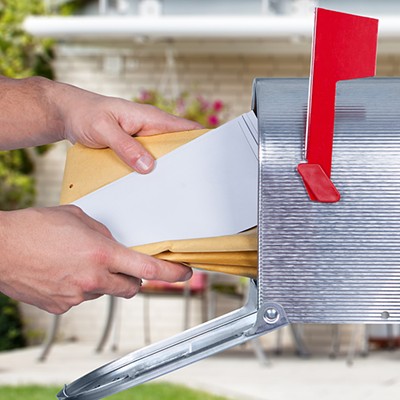The wide open spaces of Central Oregon are a draw for many people looking for a place to call home. With many large farms and ranches in the area, buyers dream of owning acreage here. There are several considerations for prospective buyers to consider. In addition to working with a real estate broker, you may want to add a land use attorney and a certified public accountant to your team, who can help review or draft documents and advise on tax implications. This article is part one of a two-part series reviewing various issues.
First, determine whether the property is in tax deferral. Oregon state law allows special property tax assessments for land used exclusively for farming. Smaller farm parcels and those used primarily for residences may not be eligible for conventional financing if the land is used for farming.
Second, find out if there are irrigation rights and whether they have recently been put to "beneficial use." In Oregon, water rights must be used at least once every five years. After five consecutive years of non-use, the right is considered forfeited and subject to cancellation. If this deadline is imminent, consult a water rights attorney to determine next steps. An attorney also may help with transfer of rights off the property if you do not plan on using them.
Third, if you plan on growing crops or raising livestock, whether commercially or as a hobby farm, talk to other farmers—ideally owners of neighboring property. They can help you ascertain the viability of crops and whether drought conditions have resulted in limited irrigation water recently.
Fourth, find out whether there is an irrigation pond on the property, or a shared pond on a neighboring parcel. Talk to any owners with whom water from an irrigation pond is shared and retain an attorney to review or draft a shared pond agreement. Ensure there is access to the pond itself, as well as to any irrigation piping, troughs and weirs associated. Don't rely on a "hand-shake" deal between neighbors when it comes to easement rights. Get it in writing to avoid future disputes regarding use and maintenance.
Fifth, for domestic water uses, many farms are on one or more wells. which can also be shared between neighbors. This is another opportunity to review or have prepared an agreement regarding access, use and maintenance of shared wells. If the property has a private well, obtain copies of well inspections and request reports that show if there are any issues with flow. An experienced real estate broker should be able to advise you regarding flow rate and the depth of the well, and will request information regarding expected average water production.
Finally, consider access to the home and other structures. Many rural properties are accessed via gravel or cinder driveways, which may be shared with other neighbors. A road maintenance agreement is advisable to avoid disagreements regarding shared costs for snow removal, re-surfacing and intensity of use of the driveway.
In two weeks, I'll review land use requirements and restrictions applicable to farm property. Then, you may be ready to purchase a farm in Central Oregon!
























